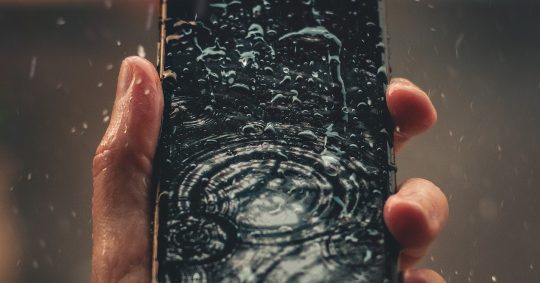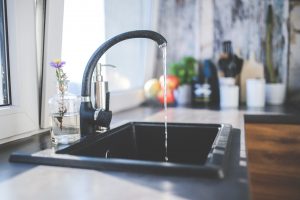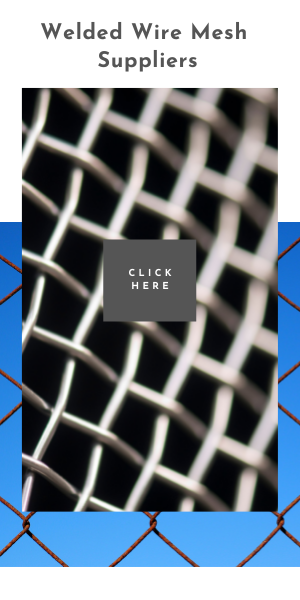Month: February 2019
Best new technologies for water preservation
Posted on February 26, 2019 in Uncategorized

Did you know 70% of the planet’s surface is covered with water, but just 1 per cent of this is available for people to use?
The speed of our society is moving too quickly for water to match its potential as a renewable energy source. Water sources, such as groundwater, are being depleted because they are not able to recharge in precisely the same speed of the growing population and increased agricultural activity. Fundamentally, we have water in an extraordinarily unsustainable and non-renewable state.
Droughts Are Not Just Third-World Country Issues
Various regions are poised to get a “day zero” water emergency when water reservoirs will eventually run dry. Cape Town, South Africa has managed to postpone this catastrophe because of intense conservation efforts. Nevertheless there are different regions which are rapidly running out of water such as Iraq, India, Morocco, and Spain.
Technology becomes that one piece capable of completing the Water-Saving Puzzle
Listed below are a couple of examples of some water-saving technologies which, if installed throughout the entire world, would have a significant effect on making sure that our water source will not become depleted.
- Water-Saving Toilets
Let us talk about bathrooms. From the U.S. alone, approximately 4.8 billion gallons of water have been flushed down the toilet every day. But with the rising prevalence of renewable bathroom manufacturers such as Toto, bathrooms are being engineered to utilise as little water as you can while also increasing performance and enhancing the entire bathroom encounter. A Toto bathroom, utilises a high-efficiency dual cyclone flush system which needs just 1.28 gallons of water per flush. To place this in perspective, old toilets use anywhere from three to seven gallons of water per flush.
- Water-Saving Faucets
Do you leave the water flowing when you are cleaning your teeth or shaving? Do not worry, plenty of people do. Regrettably! But were you aware that by substituting an older, inefficient faucet using a WaterSense branded version could conserve 700 gallons of water each year, equivalent to the quantity of water required to take 40 showers? That is alot of showers and also a great deal of water. If you do not wish to spring for an entirely new faucet, then you can retrofit existing taps using a WaterSense aerator to impede down the flow and preserve this valuable resource. Most important faucet manufacturers provide both of those water-saving possibilities, which means you should not have difficulty making the change.

- Low-Flow Showers
You can not speak about water conservation and not immediately glare in the bathtub, cursing the total amount of time that it takes for water to heat up. Luckily enormous strides are being made to enhance the sustainability of showers.
Low-flow systems would be the answer, but a low-flow does not seem like the most attractive shower experience. An efficient showerhead, based on WaterSense criteria, would just use 2 gallons of water each minute, and therefore an increasing number of businesses are chasing a showerhead version that does not compromise quality for circulation. A slimline tank which ensures safe storage of water for human consumption would be the best option to go forth with to ensure the quality of your choice.
In the meantime, you can find energy efficient, hot water-saving showerhead attachments.
- Water-Saving Sprinkler Bodies
Clearly, landscaping is essential for all sorts of companies. An attractive yard does wonders for your general appeal, but it demands a whole lot of water to ensure that the blossoms bloom and bud remains green.
In case you’ve got a sprinkler system, then you may want to look at the sprinkler body. The sprinkler body would be the section of your irrigation system which homes the spray nozzle and connects to an irrigation system. Landscape irrigation sprinklers are usually installed in sites where the system pressure is greater than that which is suggested for your sprinkler nozzle. This may result in excessive flow levels, misting, fogging, and uneven coverage. if you’re worried about the expense of underground water tanks required for the process, you may want to consider the option of cheap rainwater tanks which are available in the market.
WaterSense labelled sprinkler bodies can help create the ideal quantity of water being sprayed using a more uniform distribution.
- Water/Moisture Sensors
Some wise houses and construction methods comprise water/moisture detectors that alert you when it finds either of both. Some detectors and systems instantly shut off your water system to prevent additional harm and waste. Other appliances have been hooked up to a main water supply and always track the water leak to stop the smallest of leaks before they become an issue.
Leaks might look as though they’re from your hands since they are less obvious than the usual toilet flushing or even a running shower. However you will find economical ways to stop, monitor, and reduce leakage.






